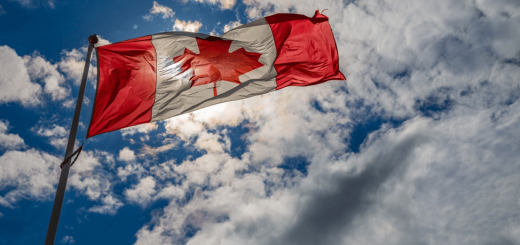Judging the Judges
Earlier this month The Canadian Constitution Foundation released a study entitled “Judging the Judges” in which it assessed the record of judges on the Supreme Court of Canada when it comes to upholding individual and economic freedom, and equality before the law.
The study can be found here.
There are a few interesting points, but the most intriguing to me personally is the “equality” definition the study uses in its assessment of the justices,
“With respect to “equality before the law” we mean equality of opportunity rather than equality of result or condition, and the equality of individuals before the law rather than the equality of groups before the law. It is our belief that while a properly functioning society requires government to maintain order, enforce contracts, protect against outside military threats, and address various market failures, society functions best when citizens are free from excessive and arbitrary government involvement in their lives.”
Such focus on individual equality instead of group equality is out of step with orthodox Canadian legal thought regarding the matter. It is unclear if this definition is some form of a lament for a historic more formalist notion of equality or due to concern about the metonymic shift which can take place when narratives of historic group disadvantage, from equality jurisprudence, are interpreted by the wider members of Canadian society. Such a metonymic shift could be a valid concern, as the Supreme Court of Canada’s institutional voice could, at times, be reinforcing disempowering group narratives of victimization. However, put in the larger context of the study such a characterization seems unlikely.
In looking at the methodology of the study the author openly admits to omitting certain cases covering topics such as prostitution, pornography, and sex clubs (discussed in R. v. Kouri, 2005 SCC 81) that are likely to “divide those who recognize the importance of individual and economic freedom”. For an assessment that is based on freedom it seems rather odd that the issues which engage equality in a sphere as personal and essential to individual dignity and autonomy as human sexuality are somewhat arbitrarily omitted from consideration. I suppose I am guilty of a metonymic shift myself in so easily equating freedom and liberty with equality.
At the very least the study is an entertaining exercise in taxonomy.






Join the conversation